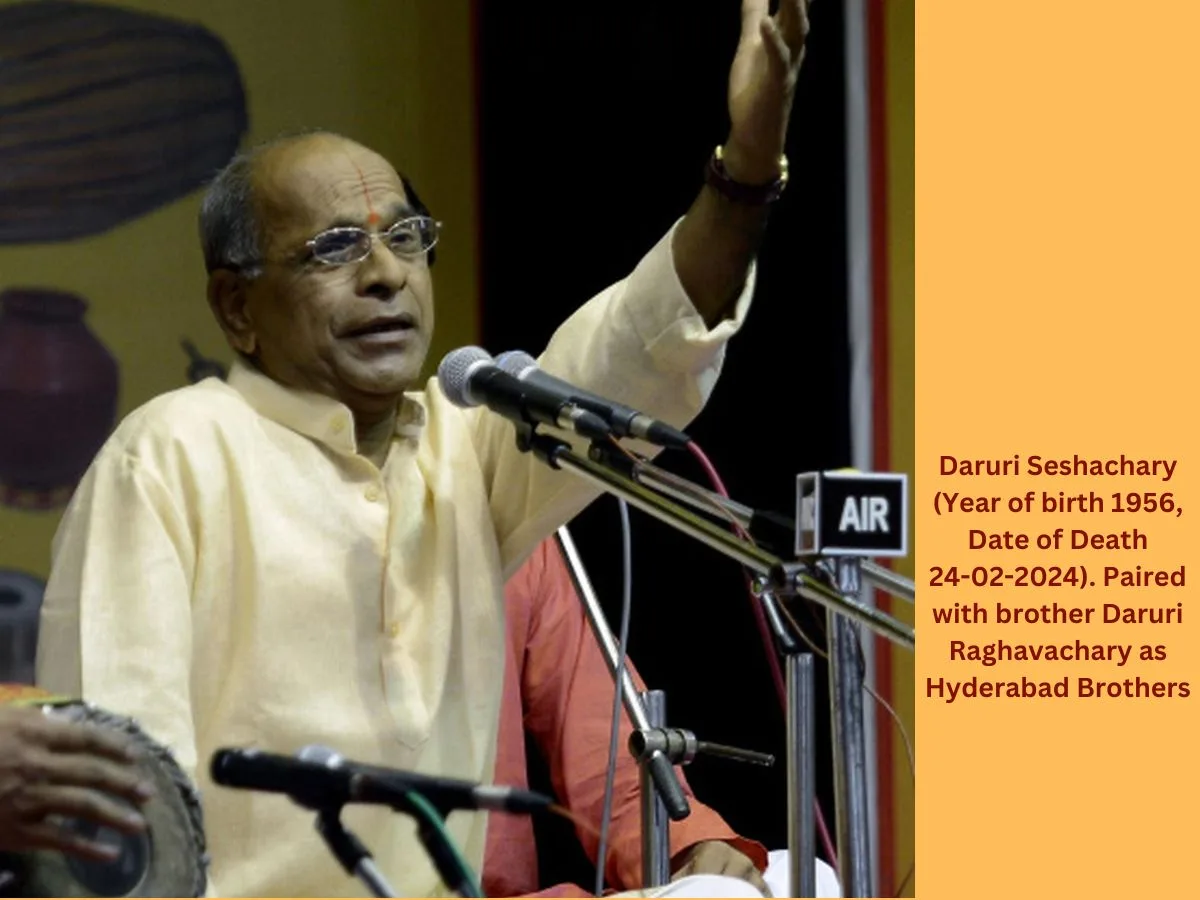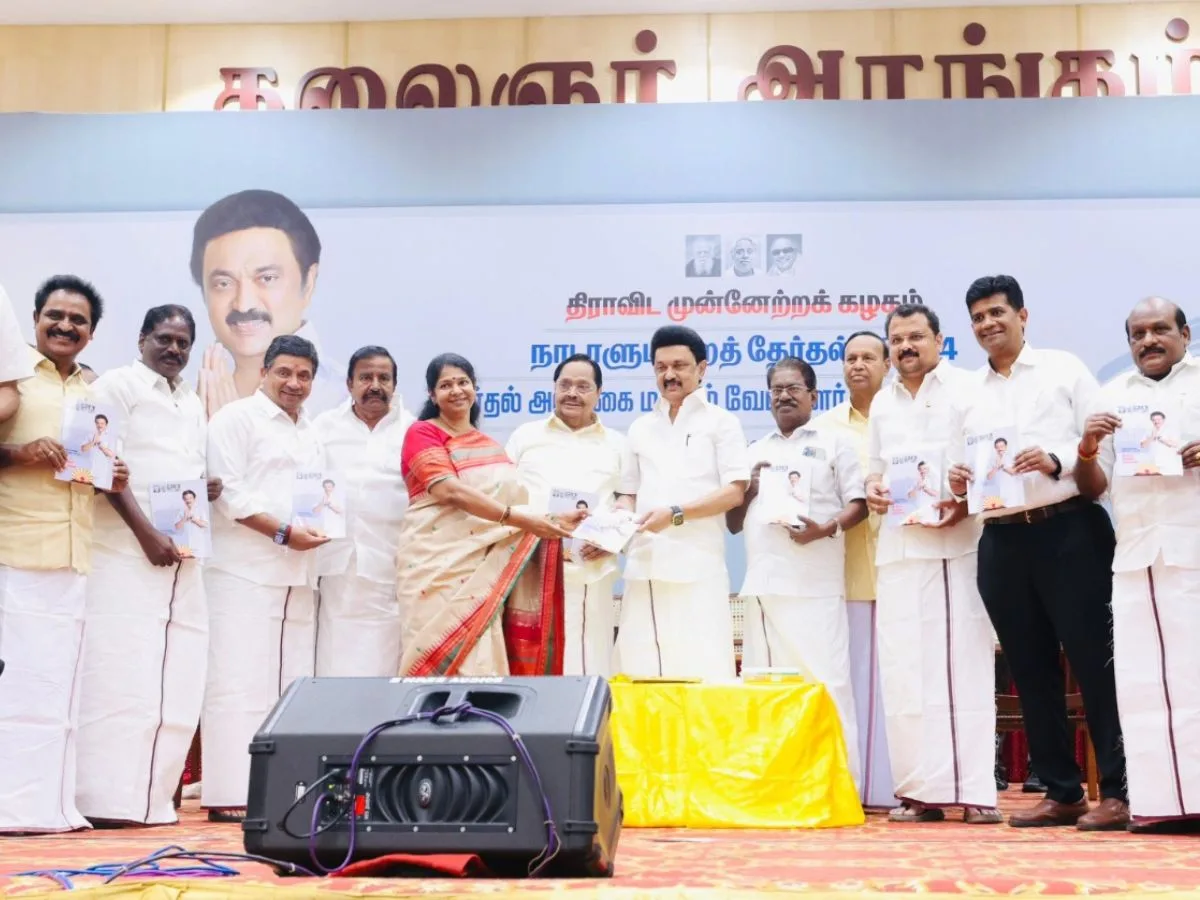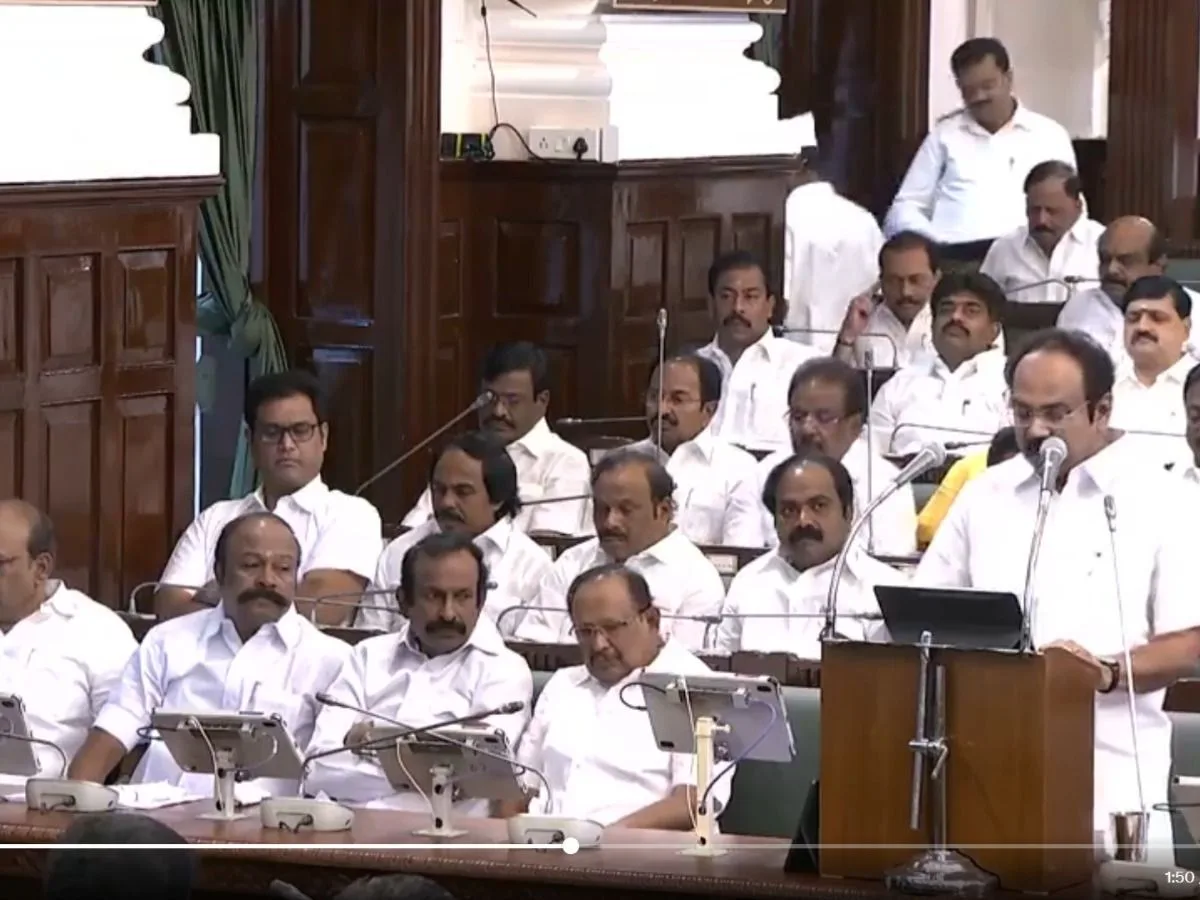Read in : தமிழ்
The Sri Lankan navy apprehending Tamil Nadu fishermen is nothing new in the narrow Gulf of Mannar. But the way 68 fishermen were held over three days starting Dec. 18, 2021 has made Tamil Nadu fishermen leaders in Rameswaram suspicious. For a while, the fishermen leaders from Ramanathapuram have been alleging that the Chinese are influencing Sri Lankans to act tough on the fishermen trespassing into the territorial waters of the Island nation. Informed opinion in Sri Lanka seems to validate these fears.

The Chinese Ambassador Qi Zhenhong at Nallur Kandaswamy temple at Jaffna
The Chinese Ambassador to Sri Lanka Qi Zhenhong recently visited various spots in Northern part of Sri Lanka since Dec. 16. He was seen shirtless and worshiping at Nallur Kandaswamy temple at Jaffna and found next at Mannar distributing welfare to fishermen families. He visited the Guilan Sea Cucumber Hatchery and Farm at Jaffna and the seafood factory at Mannar during his visit. The embassy was prompt to tweet all these developments both in English and ‘Tamil’.
Ever since the Chinese started their Hambantota International Port project in Sri Lanka, fishermen leaders from Tamil Nadu started these allegations of Chinese influencing Sri Lanka to apprehend their boats. They did not miss this opportunity of Zhenhong visiting North Sri Lanka either, promptly attributing it to the recent arrests. “The Chinese ambassador visited Jaffna and Mannar the previous day and our boats were arrested in troves the next day. What else does it say?” asked B Jesuraja, a fishermen leader from Rameswaram.
The Chinese ambassador visited Jaffna and Mannar the previous day and our boats were arrested in troves the next day, says fishermen leader B Jesuraja
Rameswaram fishermen have been on a protest since Dec. 19 after their fishermen were arrested by the Sri Lankan navy. They have threatened to go on rail roko on Jan 1, 2022. The development comes when the relationship between Indian and Sri Lankan fishermen is at rock bottom. Sri Lankan Tamil fishermen who have returned to fishing after the civil war that ended in 2009 are finding their Indian counterparts ravaging marine wealth.
Indo – Sri Lankan fishermen talks held between 2004 and 2016 to solve this fishermen row between two countries ended in a stalemate. “We demand that they stop destructive fishing practices like bottom trawling which is banned in Sri Lanka. And, they keep asking for time for which we are not ready,” says N M Alam, secretary of Mannar Fishermen Association in Sri Lanka.
Sri Lanka has banned bottom trawling in their country. Lankan fishermen using such practices are penalized. So, the Sri Lankan fishermen say that it is not fair for Indian fishermen to trespass into their territorial waters and undertake a fishing practice banned in their country. A few years back, reports of Sri Lankan fishermen indulging in direct attack on Tamil Nadu fishermen surfaced. Alam denies fishermen’s role behind such attacks. “We duly acknowledge that Tamil Nadu fishermen are our brethren. But we can’t sacrifice our livelihood. ‘Soru podalam sothu panaiya kodukka mudiyathu’ (we can feed but we can’t sacrifice the cooking pot),” he stressed.
Is China trying to woo Sri Lankan Tamil fishermen when the relationship is sour? Geopolitics and International Security Advisor in Sri Lanka, Asanga Abeyagoonsekara sees some merit in the allegations. “China is now strategizing a dual approach to satisfy the majority and minority community at the same time. The Chinese ambassador’s visit and the substantial assistance from China to the Northern Province is a strategic move to expand the Chinese footprint, targeting the fisheries community as the initial step,” he says.

Sri Lankan fishers are against destructive fishing practices of the Indian trawl boats
China maintains that it will not comment on Sri Lanka’s internal affairs. It did not support the UNHRC process to address the human rights concerns of the Tamil community in Sri Lanka. While a heavily militarized regime is curbing democratic functioning, China has taken the advantage in this environment to promote an alternative model and expand its economic assistance, Abeyagoonsekara says.
Beijing sees Sri Lanka as a geostrategic hub for the Belt and Road Initiative in the Indian Ocean. There has been a clear expansion of Chinese influence in multiple sectors supported by the Rajapaksa regime for their survival and economic security. “China should understand India’s security sensitivity, especially in India’s immediate southern periphery,” Abeygoonsekara added.
R S Vasan, Former Regional Commander Coast Guard Region East, currently Director Chennai Centre for China Studies says India should approach this carefully. China will play any card for its advantage and it wouldn’t be surprising if it plays India card amidst the Island nation’s fishers. China wants an edge in the Indian Ocean Region and uses all its techniques in Sri Lanka, turning it as a geopolitical point to corner India, he said.
China is now strategizing a dual approach to satisfy the majority and minority community at the same time in Sri Lanka. The Chinese ambassador’s visit and the substantial assistance from China to the Northern Province is a strategic move to expand the Chinese footprint, targeting the fisheries community as the initial step
It could further complicate the situation by bringing Pakistan and Sri Lanka together against India. “We have to be careful against this asymmetric warfare being played in the Indian Ocean Region. India should address this with Sri Lanka,” he added.
Recently, the Chinese proposal to set up solar projects in the island at the Gulf of Mannar, really close to Indian territory, was stopped after allegedly India expressed its concerns. But Chinese enterprises like sea cucumber farms and sea food companies employing local Tamil people are coming up in Northern Sri Lanka. “We are not comfortable with Sinhalese, our own countrymen, setting up any establishments in our region. We are not going to be comfortable with Chinese either. But if the government is going to push for such projects aggressively, conniving with the Chinese, we are really helpless,” adds fishermen leader Alam.
Read in : தமிழ்











